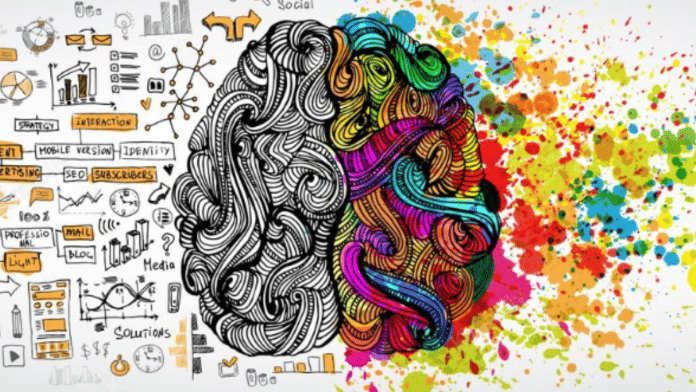Thank you dear subscribers, we are overwhelmed with your response.
Your Turn is a unique section from ThePrint featuring points of view from its subscribers. If you are a subscriber, have a point of view, please send it to us. If not, do subscribe here: https://theprint.in/subscribe/
Humanities and social sciences play a vital role in shaping the fabric of a democratic nation like India. These disciplines encompass a broad range of subjects, including history, philosophy, sociology, anthropology, economics, and political science, among others. The study of humanities and social sciences enables individuals to develop a nuanced understanding of the complexities of human societies, cultures, and economies.
In a democratic nation like India, where diversity and pluralism are deeply ingrained, the role of humanities and social sciences becomes even more significant. These disciplines provide a framework for understanding the intricacies of Indian society, with its diverse cultures, languages, and religions. By studying humanities and social sciences, individuals can gain a deeper appreciation for the complexities of Indian society and develop the critical thinking skills necessary to navigate the challenges of a rapidly changing world.
One of the primary roles of humanities and social sciences in a democratic nation like India is to promote critical thinking and analytical skills. By studying these disciplines, individuals can develop the ability to evaluate complex information, identify patterns and relationships, and think creatively. These skills are essential for active citizenship in a democracy, where individuals must be able to engage critically with the issues that affect their lives and communities.
Humanities and social sciences also play a vital role in promoting cultural understanding and empathy in a diverse and pluralistic society like India. By studying the history, literature, and culture of different communities, individuals can gain a deeper appreciation for the complexities of Indian society and develop a more nuanced understanding of the experiences and perspectives of others. This, in turn, can help to promote greater empathy, tolerance, and understanding among different communities, which is essential for building a more harmonious and inclusive society.
In addition to promoting critical thinking and cultural understanding, humanities and social sciences also play a crucial role in shaping public policy and decision-making in a democratic nation like India. By studying these disciplines, individuals can gain a deeper understanding of the complex social, economic, and political issues that affect Indian society, and develop the analytical skills necessary to evaluate different policy options and develop effective solutions.
For instance, economists can help policymakers understand the impact of different economic policies on various segments of Indian society, while sociologists can provide insights into the social and cultural factors that shape human behavior and decision-making. Similarly, political scientists can help policymakers understand the complexities of Indian politics and develop effective strategies for promoting democratic governance and participation.
Furthermore, humanities and social sciences can also play a vital role in promoting democratic values and principles in India. By studying these disciplines, individuals can gain a deeper understanding of the principles of democracy, including equality, justice, and human rights, and develop the critical thinking skills necessary to evaluate the performance of democratic institutions and processes.
For example, historians can help individuals understand the evolution of democratic institutions and processes in India, while political theorists can provide insights into the philosophical foundations of democracy and the challenges of promoting democratic governance in a diverse and pluralistic society like India.
In recent years, there has been a growing recognition of the importance of humanities and social sciences in India. The Indian government has launched several initiatives aimed at promoting the study of these disciplines, including the establishment of new universities and research centers focused on humanities and social sciences.
However, despite these initiatives, humanities and social sciences continue to face significant challenges in India. One of the primary challenges is the lack of funding and resources for research and teaching in these disciplines. This can make it difficult for scholars and researchers to pursue innovative and interdisciplinary research projects, and can limit the availability of courses and programs in humanities and social sciences.
Another challenge facing humanities and social sciences in India is the growing emphasis on science, technology, engineering, and mathematics (STEM) education. While STEM fields are undoubtedly important for India’s economic development and growth, the overemphasis on these fields can lead to a neglect of humanities and social sciences.
This can have serious consequences for Indian society, as humanities and social sciences provide a critical framework for understanding the complexities of human societies and cultures. Without a strong foundation in these disciplines, individuals may lack the critical thinking skills and cultural competence necessary to navigate the challenges of a rapidly changing world. Road for empowerment for any developing nation is through a deeper engagements and indulgence with the domains of Social Science and Humanities. In the words of Amartya Sen “The study of Humanities and Social Science helps us understand the complexities of human societies and cultures.”
Dr. Kunwar Siddarth Dadhwal is an Assistant Professor at the Chitrakoot School of Liberal Arts, Shoolini University, Himachal University.
These pieces are being published as they have been received – they have not been edited/fact-checked by ThePrint


